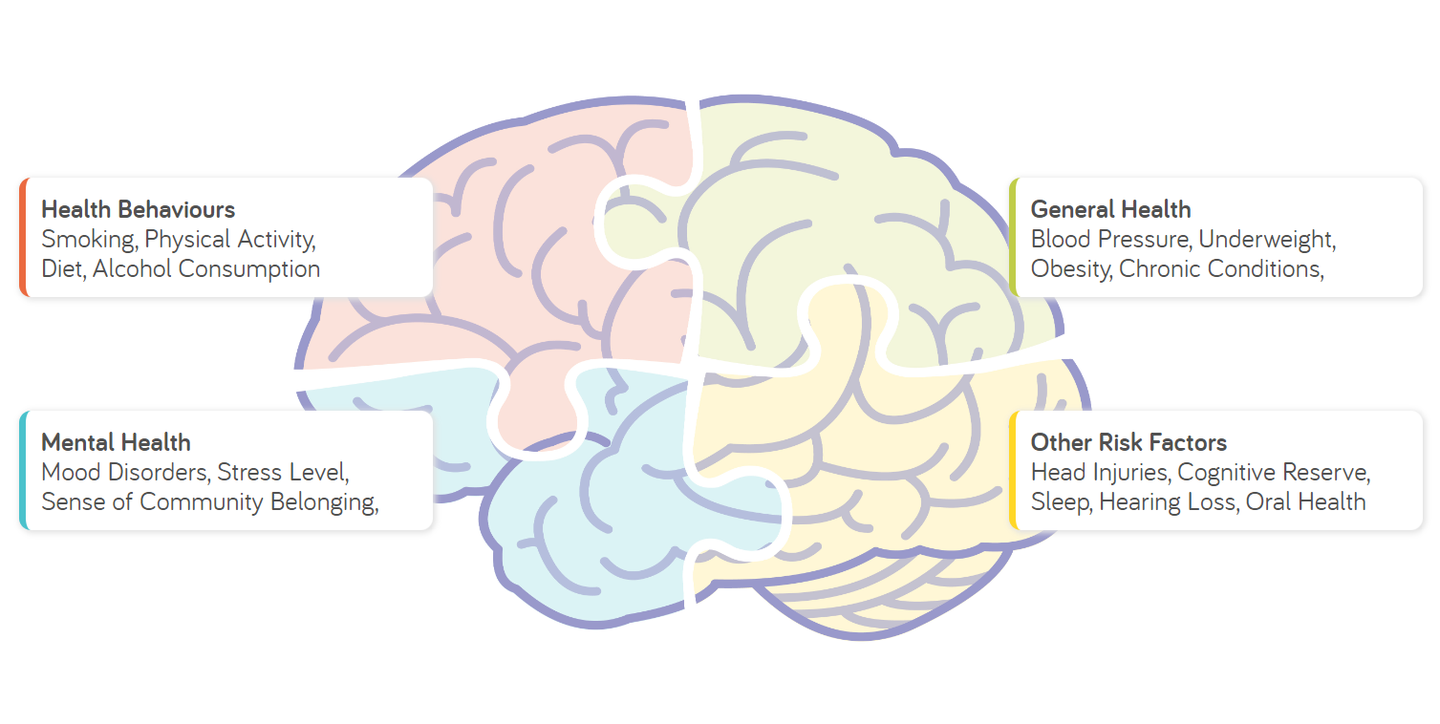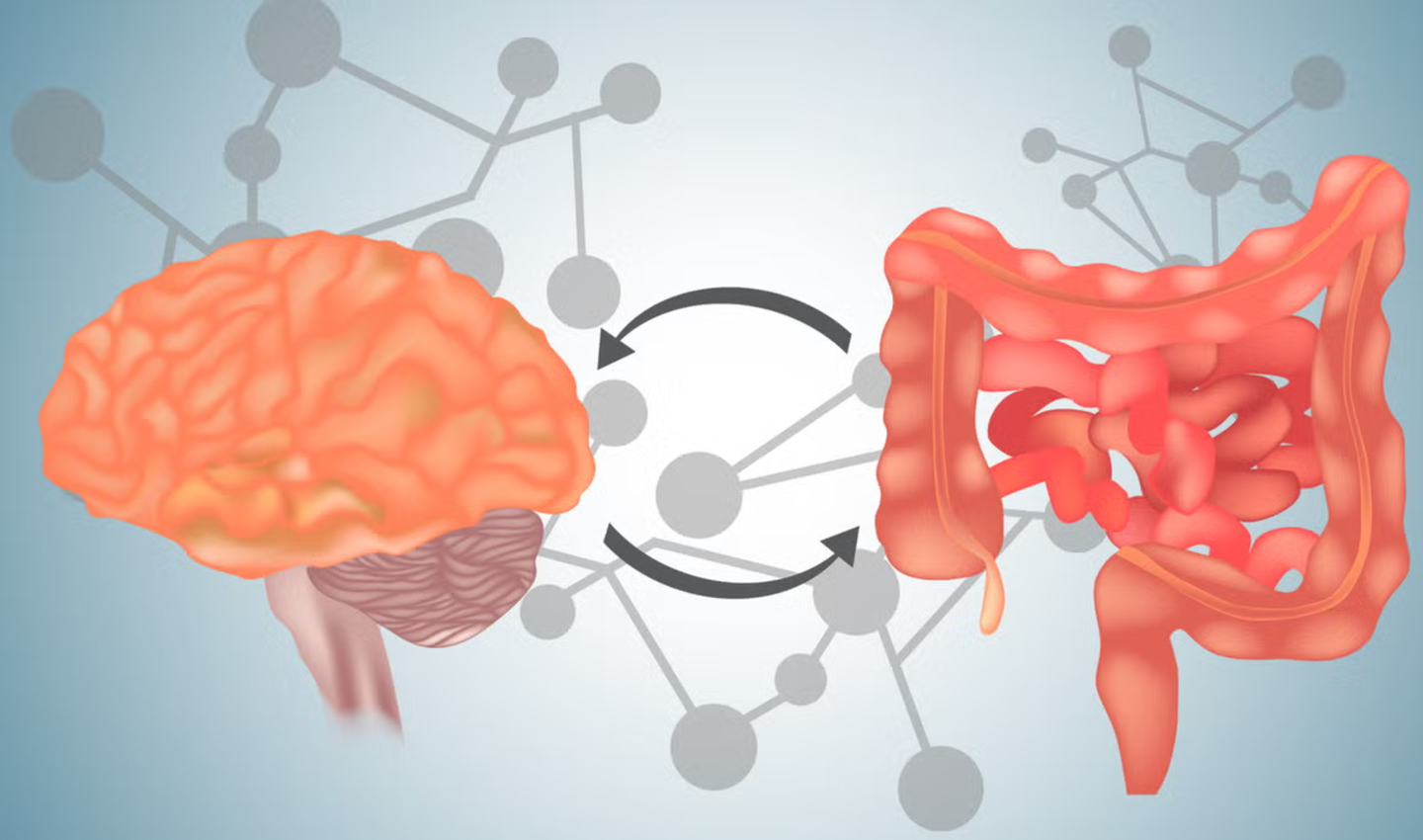Simple online calculator can predict your risk of dementia
The quest to understand, diagnose, and treat dementia has been a focal point for health professionals and researchers worldwide.

[Oct. 26, 2023: Staff Writer, The Brighter Side of News]
A monumental stride has been made by Canadian researchers in the diagnosis and treament of dementia. (CREDIT: Creative Commons)
The quest to understand, diagnose, and treat dementia has been a focal point for health professionals and researchers worldwide. A monumental stride has been made by Canadian researchers in this endeavor.
Hailing from esteemed institutions like The Ottawa Hospital, the University of Ottawa, the Bruyère Research Institute, and ICES, they've crafted a potentially revolutionary tool that aims to shed light on an individual's risk of developing dementia over the next half-decade.
Dementia: A Growing Concern
Dementia is a blanket term representing severe cognitive impairments, primarily memory loss, affecting one's daily life. Alarmingly, annually, Canada sees an influx of 76,000 new dementia diagnoses. This statistic is forecasted to inflate, shadowing the aging population's growth. The urgency for solutions is palpable, more so when considering that as of now, no definitive cure or treatment is available for dementia.
Dementia is not a single disease. It's an overall term to describe a collection of symptoms that one may experience if they are living with a variety of diseases, including Alzheimer's disease. (CREDIT: Alzheimers Association)
However, there's a silver lining. Nearly one-third of dementia cases are potentially preventable, pinned to manageable lifestyle factors. Regular physical activity, maintaining a balanced diet, abstaining from excessive alcohol and tobacco consumption, and efficiently managing health conditions like diabetes and high blood pressure play a pivotal role.
The Dementia Risk Calculator
The study, freshly published in the Journal of Epidemiology and Community Health, reveals an online calculator available at projectbiglife. A standout feature of this calculator is its user-friendliness and accessibility.
The online calculator available at projectbiglife. (CREDIT: Projectbiglife)
Dr. Stacey Fisher, the brain behind the project, enthuses, “What sets this dementia risk calculator apart is that you don’t need to visit a doctor for any tests. People already have all the information they need to complete the calculator in the comfort of their home.” Dr. Fisher, formerly a PhD student at The Ottawa Hospital and currently affiliated with the University of Toronto and Public Health Ontario, has seamlessly woven in data from over 75,000 Ontarians to ensure the tool's precision.
Applications and Implications
The calculator holds multifaceted potential. For the everyday user, it's a beacon guiding them towards better lifestyle choices, subsequently lowering their dementia risk. But the ambitions don't stop here. The researchers are casting their nets wider, envisioning a world where policy makers harness this algorithm to extrapolate insights for the broader populace.
Related Stories
Dr. Peter Tanuseputro, the study’s senior author, elucidates the calculator's broader implications: “This tool will give people who fill it out clues to what they can do to reduce their personal risk of dementia. The COVID-19 pandemic has also made it clear that sociodemographic variables like ethnicity and neighbourhood play a major role in our health. It was important to include those variables in the tool so policy makers can understand how different populations are impacted by dementia, and help ensure that any prevention strategies are equitable.”
A Tool Beyond Borders
Project Big Life already boasts a suite of calculators designed to inform Canadians about their life expectancy grounded in their lifestyle patterns. The newly minted dementia calculator further enriches this repertoire. Initially crafted with Canadian demographics in mind, its adaptability is profound. Any of the 100 countries globally with access to health survey data can retool and deploy it, making its potential reach immense.
Factors in the Dementia Population Risk Tool (DemPoRT) include:
Age
Smoking status and lifetime exposure
Alcohol consumption
Physical activity
Stress
Diet
Sense of belonging
Ethnicity
Immigration status
Socioeconomic status of the neighbourhood
Education
Activities where assistance is needed
Marital status
Number of languages spoken
Health conditions
In an era where data drives insights and strategies, tools like the dementia risk calculator stand as testament to the harmonious fusion of technology and medical research.
Its success could pave the way for similar tools addressing other health concerns. As we stand on the brink of this potential watershed moment in dementia research and prevention, the message is clear: empowerment through knowledge is the first step towards a healthier future.
Note: Materials provided above by The Brighter Side of News. Content may be edited for style and length.
Like these kind of feel good stories? Get the Brighter Side of News' newsletter.



